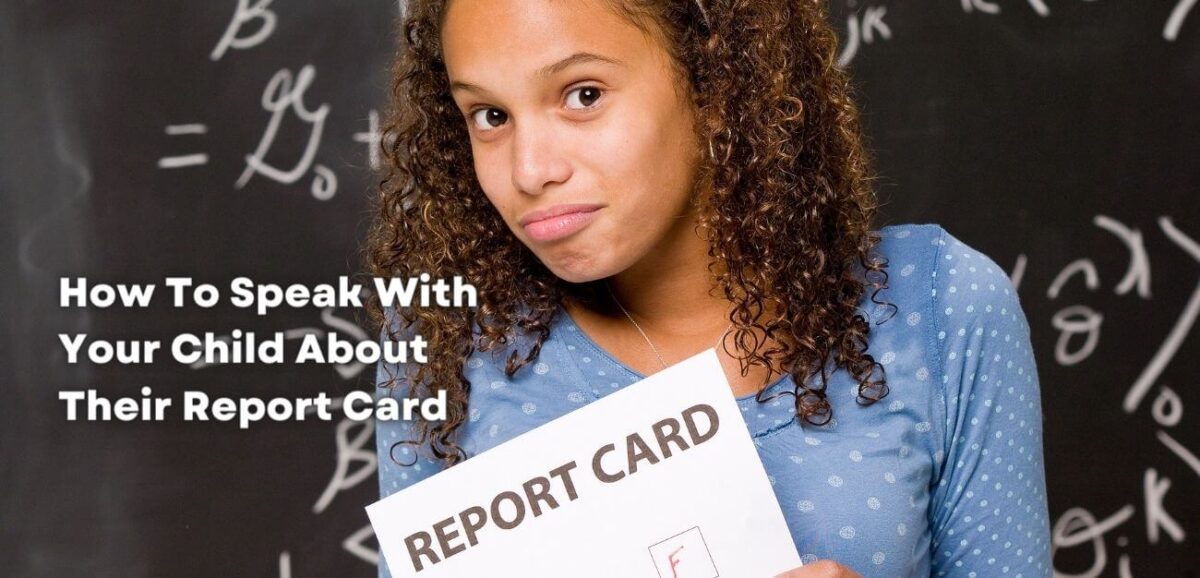As the school year comes to a close, parents and students alike can’t help but anticipate the dreaded report card. While report cards often indicate progress in each subject, it is understandable to worry about how well your child may have performed in certain areas. Math, in particular, is a subject that can make both […]




